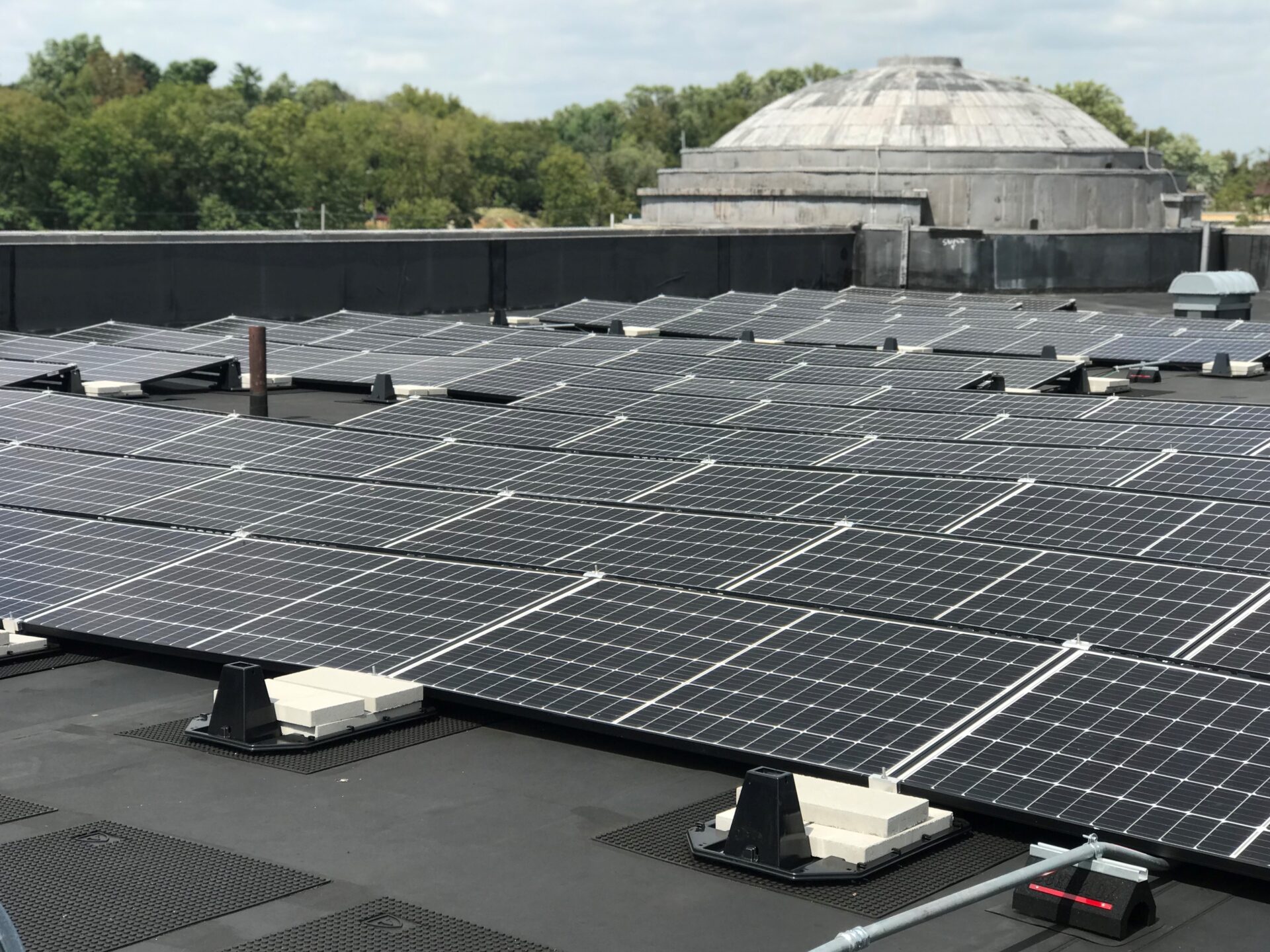The Cabell County Public Library (CCPL) system will soon transition to solar power.
Announced Wednesday, the library approved a project to install 853 solar panels across its seven locations across the county.
“This project will have many long-term benefits for the Cabell County Public Library and the communities we serve,” said Breana Roach Bowen, the library system’s executive director, in a press release.
“In addition to having more affordable power and being more energy efficient, going solar will save the library thousands of dollars yearly,” she said. “We are excited to put that money back into the community through library resources and programming.”
The project is part of a Power Purchasing Agreement with the West Virginia-based solar power company Solar Holler.
Through the agreement, Solar Holler will front the cost of designing, developing and operating the solar panels for 25 years. The CCPL system will gradually pay back the company by purchasing the energy generated through the panels at a lower rate than their prior utilities cost.
In 2023, the company adopted a similar plan with Wayne County Schools. Solar Holler estimated that using solar power, a lower-cost form of energy, could save the library system $1.2 million over a 25-year span.
“Public libraries play a pivotal role in building healthy communities, particularly in low-income areas,” said Dan Conant, founder and chief executive officer, in a Wednesday press release.
“From day one, Solar Holler has prioritized projects that save money for organizations like this — those working to improve the lives of Appalachians,” he said.
A timeline for the project has not yet been announced.
Note: Solar Holler is an underwriter of West Virginia Public Broadcasting.
